"Journalist need institutional solidarity to fight safety risks"
Thursday, 09.03.2017.
12:36

"Journalist need institutional solidarity to fight safety risks"
The following is the address at the conference of Veran Matic, head of Serbia’s Commission for the Investigation of Murders of Journalists and news editor-in-chief for B92:I believe that we witness the biggest journalism and media crisis ever. The challenges in front of us keep getting bigger and more complicated. Hate speech on the global level and in the highly developed countries resembles legitimacy of hate speech at the beginning of bloody breakdown of former Yugoslavia. Lies are being legalized through “alternative facts”, while threats and violence towards journalists and the media in general gets more complex, jeopardizing journalistic freedom, hovering over it as a malicious cloud.
This is what makes those conferences and institutions that organize such events so significant. It is very encouraging that Austrian OSCE Chairmanship had chosen safety of journalists as one of its main issues. However, I have to notice quite big problems OSCE faces when it comes to the freedom of media.
For a start, I have to admit that the position of the High Representative for the Freedom of Media was never more noticeable as it was during the term of office of Dunja Mijatovic.
There are two possible reasons for such irrefutable statement:
Either the state in the region and worldwide was never in such a bad shape as for the last couple of years, or
Dunja managed during her term of office to impose those issues and make it more visible (although it was evident, but we chose not to see it) to such extent that the name of Dunja Mijatovic had become a synonym for fighting denial of attacks on the freedom of expression and freedom of the media, along with impunity for the crimes against journalists.
Therefore, the selection of her successor is both complicated and difficult and it seems as "never-ending story".
We are on the crossroads that will bring someone on this position whose name we will hardly remember as he/she will be appointed due to political arrangements and diplomatic bargaining (as was the case with some of Dunja’s predecessors) or it will be someone who will try to work as Dunja had (but he will have a problem to exceed her).
It seems sinister that we were in a situation a year ago that Dunja’s mandate was extended for additional year as it proved impossible to appoint her successor. Now, when another year expired, we have no information on the High Representative’s appointment. We already have appeals of the international journalistic associations with this regard, and I completely understand them as I personally feel less safe having in mind that this position might be vacant for a longer period of time, so we will be left without a person devoted to freedom of the media and safety of journalists. So, I believe that right from this spot, we can appeal that the decision be made immediately regarding this issue.
During Austrian OSCE Chairmanship, I believe that the trend of encouraging decision will continue, such as the one from 2015 when during Serbian Chairmanship, Frane Maroevic was appointed director of the office or when last year, during German Chairmanship, Dunja Mijatovic’s appointment was extended in order not to cause damage by appointing undesirable candidate.
By all means, we need to preserve institutions of the Office for Media Freedom and maintain high level of expertise and engagement built by Dunja Mijatovic, with the members of her team.
…
As this panel should serve for presenting some successful models, I will speak about the work of the Commission for investigating the killings of journalists in Serbia.
We can jointly be proud of this project – those of us who initiated it, and the OSCE Office of High Representative for the Freedom of Media and Dunja Mijatovic who offered great support to the work of the Commission since its commencement, while we worked together on the global campaign for the safety of journalists, that was afterwards offered to all the states to use it freely, while the campaign was presented with more than ten awards on the big international festivals, including Bronze Cannes Lions.
The Commission is practically innovation and the first concrete form of fighting impunity for the killings of journalists. The work of the Commission had significantly contributed to resolve one of the three killings of journalists in Serbia, the killing of Slavko Curuvija, so court proceeding against former chief of State Security and his associates is underway. Of course, it faces with numerous problems, threats to the witnesses, slow court hearings, etc.
In one of the cases, the Commission had used the services of super expertise with the Netherlands Forensic Institute, while in the third case, the investigation is coming to an end, with the clear resolve on the executioners.
Similar commission was established in Montenegro, and after the obstructions in the first mandate, OSCE had engaged me to make analysis of its work and give recommendations for more efficient work, and in the new mandate of this commission, there is a chance that it will have some concrete results and achievements.
I had also proposed that similar Initiative for establishing Commission should be launched on Kosovo which was accepted as one of the major recommendations on the conference in Pristina organized by OSCE Kosovo Mission. Namely, on Kosovo territory, in the period from 1998 to 2005, five journalists went missing (Serbs), while eight journalists got killed (two Serbs and six Albanians). This has to be very complex commission of international character, as the abductions and killings took place prior to gaining international control on Kosovo, as well as afterwards, so it encompasses different international institutions’ management of Kosovo, from UNMIK to EULEX, that not only failed to resolve a single murder, but they don’t even make records of the number of killed and missing journalists. The investigations mainly hadn’t been launched at all.
Future Commission has to collect all available documents from the Serbian Prosecutor’s office, from the Ministry of Internal Affairs, State Security Agency, UNMIK, EULEX and other international organizations. The commission must work on making all possible witnesses aware of their obligation to turn themselves in and make a testimony under safe conditions, the commission should also conduct interviews with family members on their findings to establish closer cooperation with the International Court for the crimes committed by KLA.
Impunity issue and ignoring it on Kosovo must be disrupted. The efforts of two journalistic associations, both Serbian and Albanian, have to be supported by the institutions with intact credibility, and OSCE is undoubtedly among them.
Experiences of the Serbian Commission can be applied.
…
In Serbia, after a series of years of threats and violence against journalists and unresolved cases of killings, work group was established, composed of the representatives of prosecution, police and all journalistic associations, in order to monitor those incidents institutionally, including the reactions of the institutions, with the aim of analyzing old cases, working on them further and enacting the alert mechanism in case of threats and attacks on journalists. It all leads to immediate resolve of the case, as well as introducing public with it. Strategies for prevention, education of judges, prosecutors, policemen and journalists and editors on the issue of journalistic safety will also be conducted.
This initiative is in line with CPJ's Emergencies Response Team, while in future, maybe it will lead to the institution of Representative for Journalists’ protection and Safety (on the track of the Initiative of Reporters Without Borders that UN Secretary General should appoint Special Rapporteur for the Safety of Journalists).
I believe that all complex changes when it comes to the safety of journalists need to be responded with more dynamic and innovative activities that will bring back the feeling of security when it comes to journalists and the media in general.
…
In the region of West Balkans, there is lots of room for mutual cooperation and solidarity. Violence and threats that our colleagues face with these days in Macedonia, call for urgent reaction in the form of solidarity campaign, presence in Skopje, informing the world about what has been going on.
Vulnerability of the Weekly Novosti (Newsweek) that is being published by Serbian National Council in Croatia), for years a unique mixture of free and emancipating journalism that links ethnical minority (Serbian) with investigative and critical journalism is also an open issue. According to OSCE report, this newspaper has significant impact on achieving minority rights, and improving media freedom, largely contributing to forming democratic public.
Due to such a profile, Novosti was under attack in the past, and the assaults were organized by a right wing ultra-conservative and clerical group, and the attacks turned these days into a campaign for eliminating state subventions for the publisher, criminal punishment for alleged illegal use of funds, as Novosti does not cover only Serbian ethnical and folklore issues, but also national issues in general, reporting about those in a critical tone, which certain organizations such as In the name of Family, consider as spreading hatred towards the state. This case calls for regional and international solidarity campaign in order to prevent disruption of autonomy of minority institutions, thus limiting media freedom.
…
To conclude:
We urgently need new High Representative for the Freedom of Media in order to continue with the mission of this institution based on the foundations laid by Dunja Mijatovic, we need, concrete activities in fighting impunity when it comes to the killings and violence towards journalists, as we have right now in the form of a Commission for investigating the killings of journalists in Serbia, we need to make our mutual solidarity institutional in the region of Western Balkans and beyond it, as a response to increasing safety risks the journalists and the media in general face nowadays.










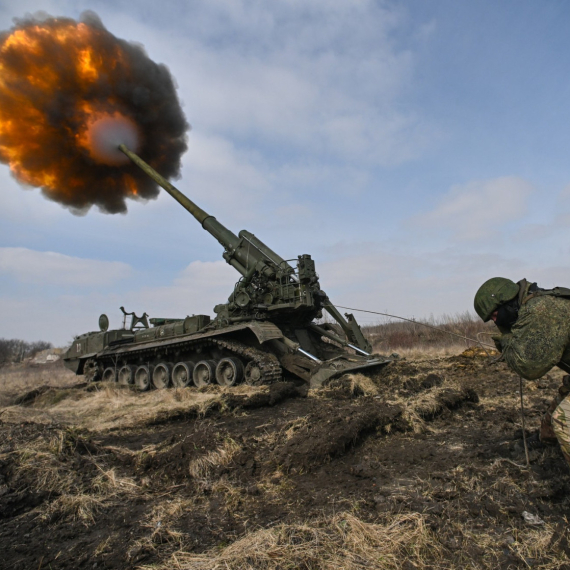
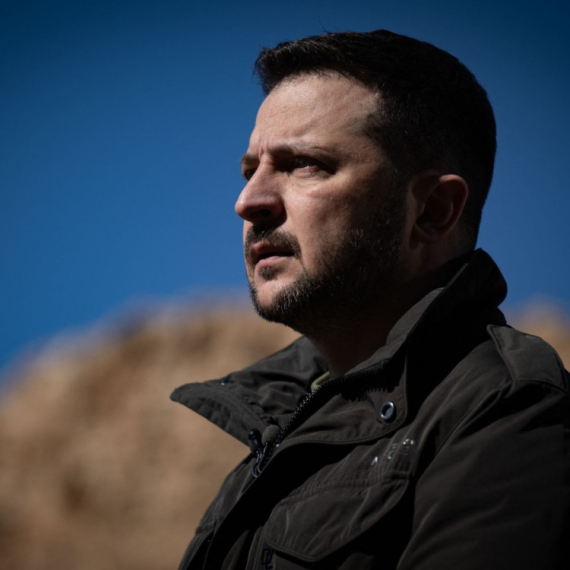


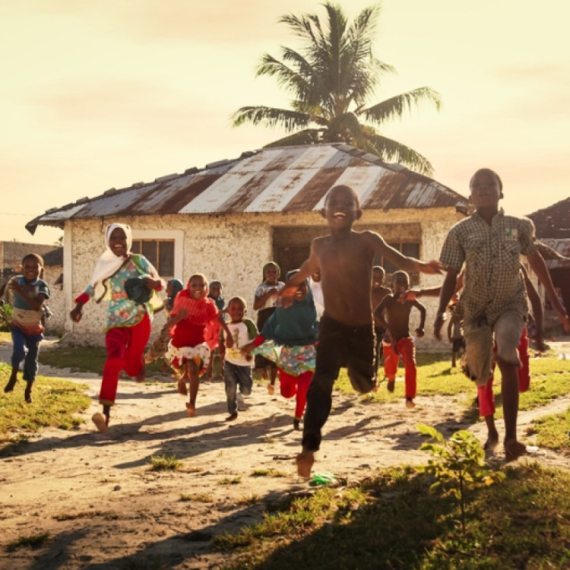

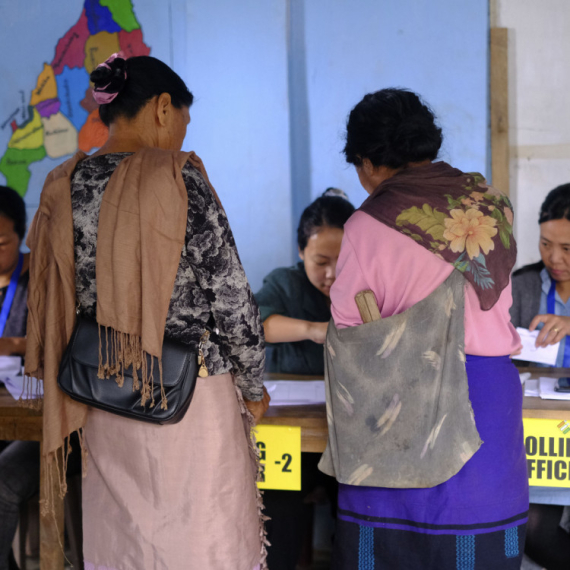



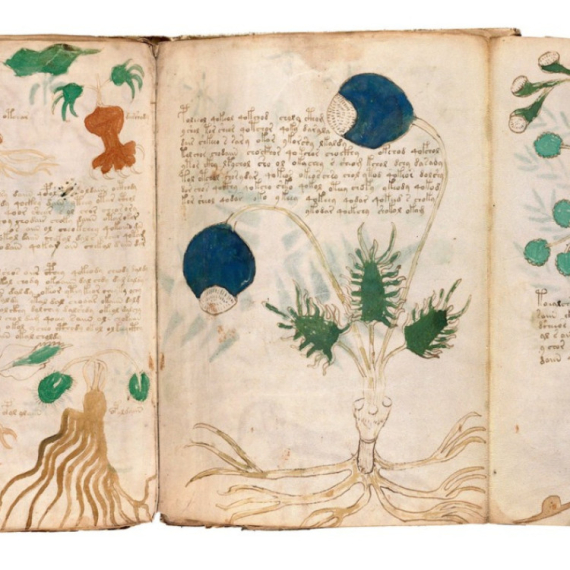

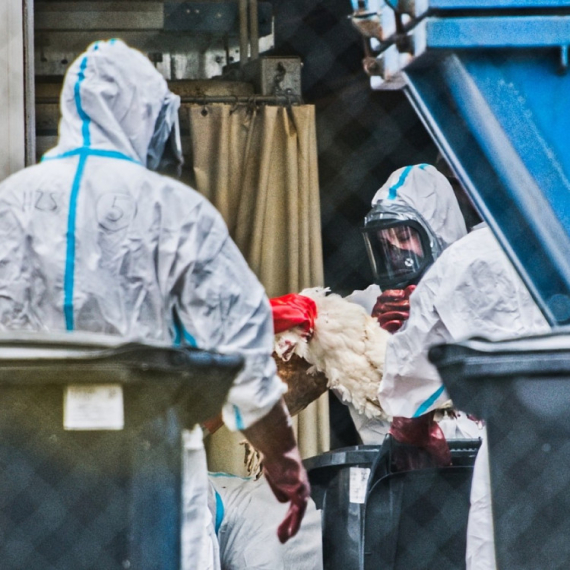














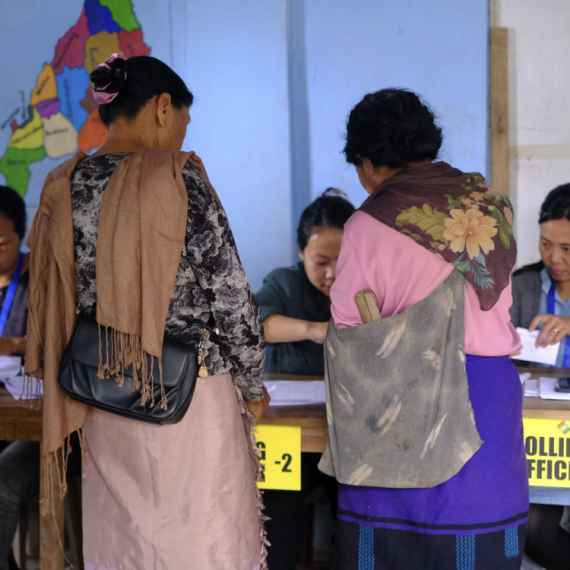
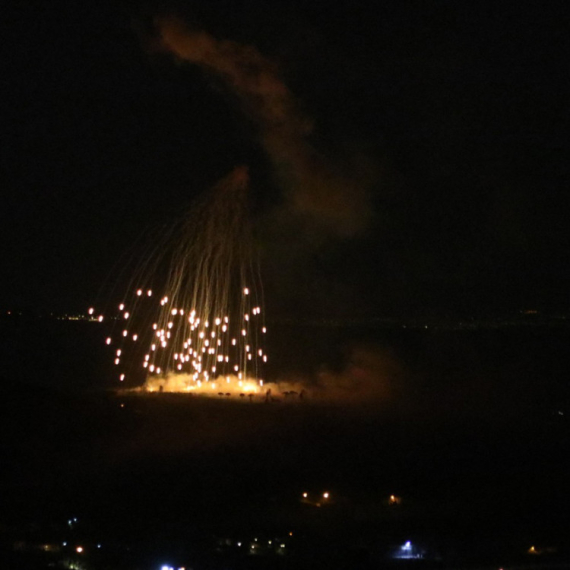


















Komentari 0